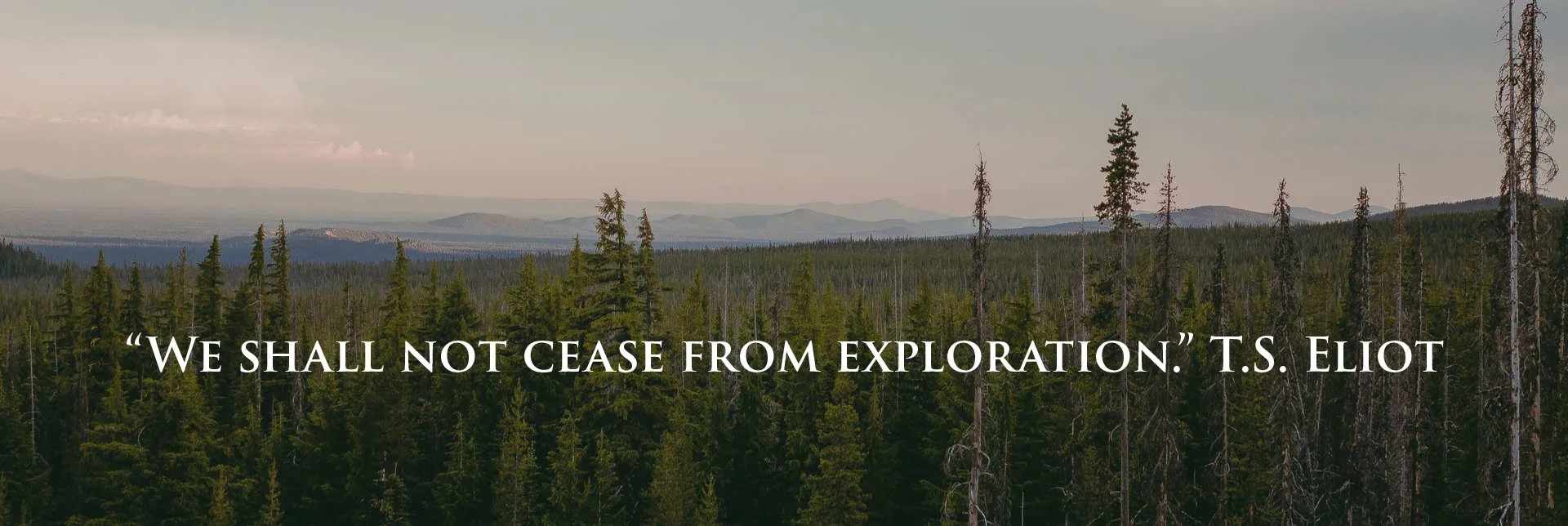The Conference on Christianity and Literature is an interdisciplinary society dedicated to exploring the relationships between Christianity and literature. Organized formally in 1956, CCL is dedicated to both scholarly excellence and collegial exchange and includes hundreds of members from a variety of academic institutions and religious traditions from the United States, Canada, and more than a dozen other countries.
2023 Book of the Year Award
The Conference on Christianity & Literature is very pleased to announce that its 2023 Book-of-the-Year Award goes to The Eucharist, Poetics, & Secularization: From the Middle Ages to Milton, by Shaun Ross (Victoria College, U of Toronto).
2024 Lifetime Achievement Award
The Conference on Christianity and Literature is pleased to announce that Diane Glancy is a recipient of the 2024 CCL Lifetime Achievement Award.
Christianity & Literature Volume 74, Issue 3 (September 2025)
Christianity & Literature is a scholarly journal devoted to the exploration of how literature engages Christian thought, experience, and practice. The journal presupposes no particular theological orientation but respects an orthodox understanding of Christianity as a historically defined religious faith.
Call for Papers- Western Conference
“All Things Made New”
May 15-16, 2026
California Baptist University, Riverside, CA
Submit abstracts (300 words) here by February 15, 2026.



